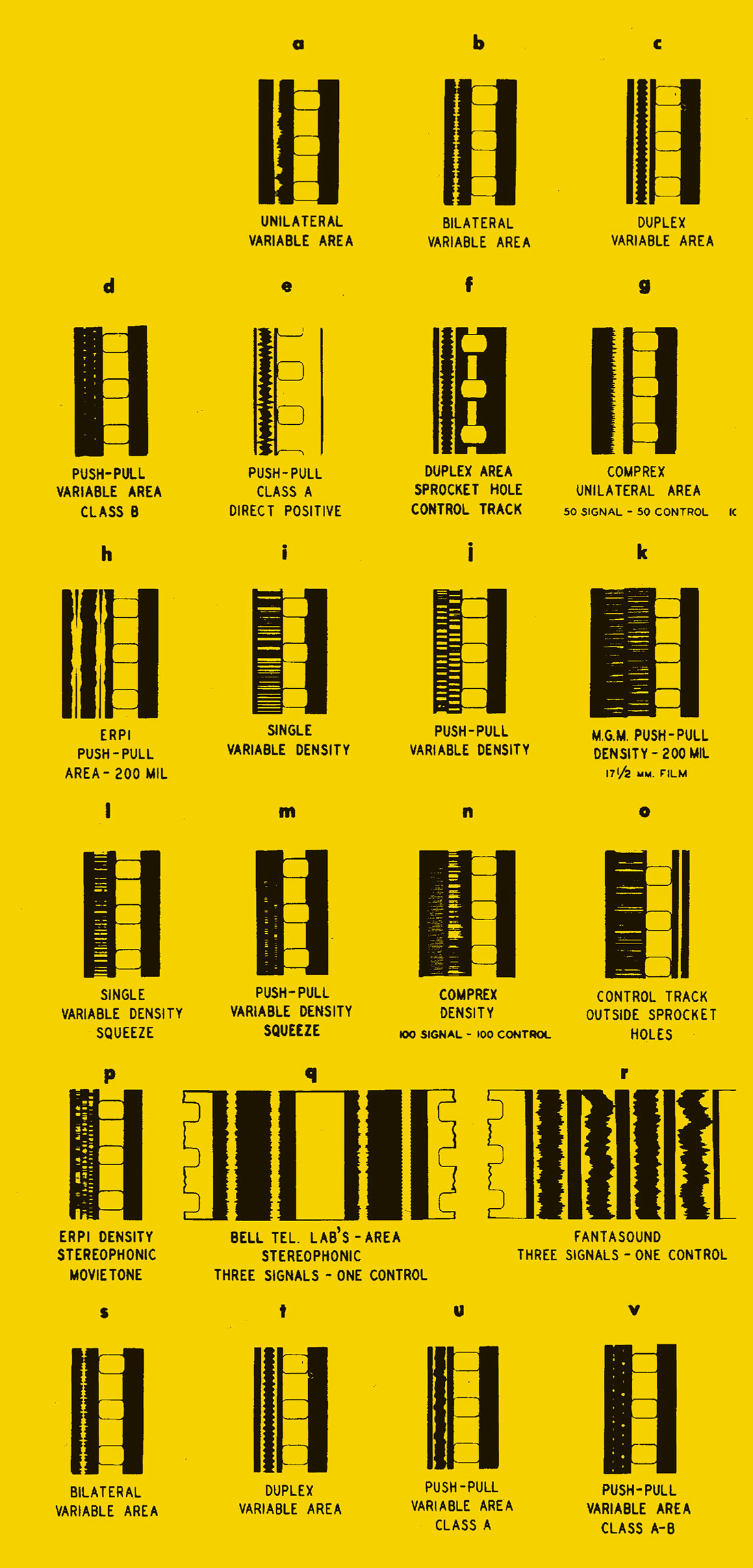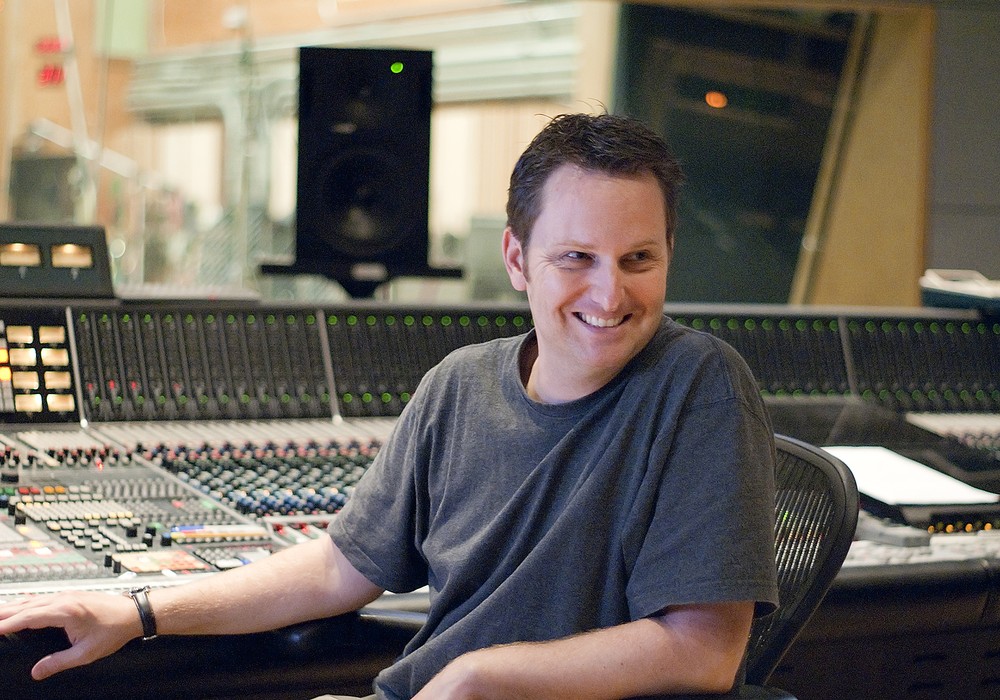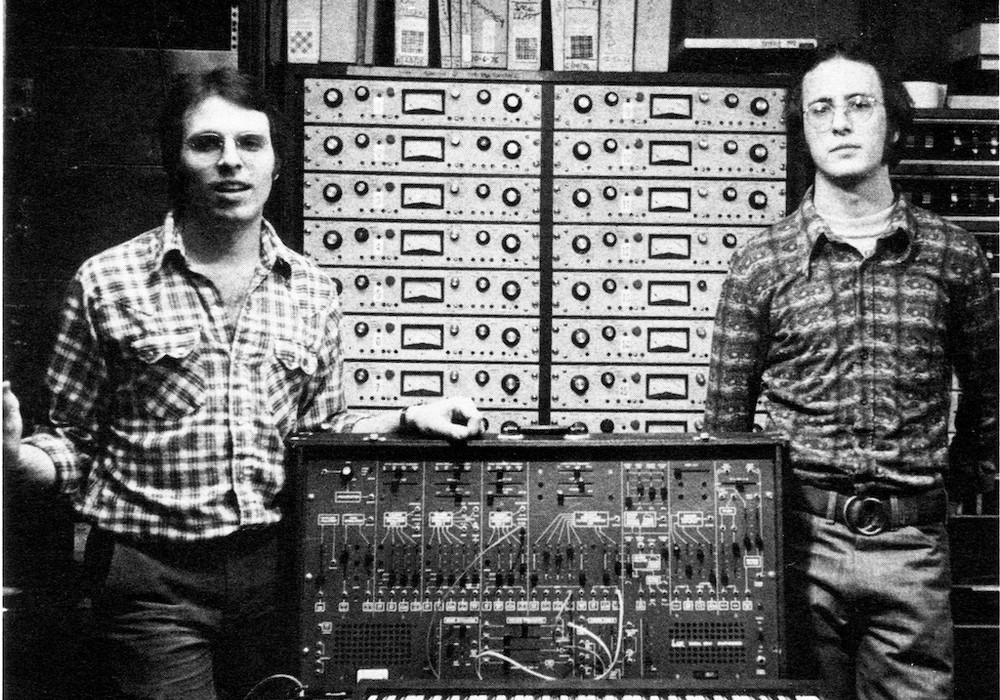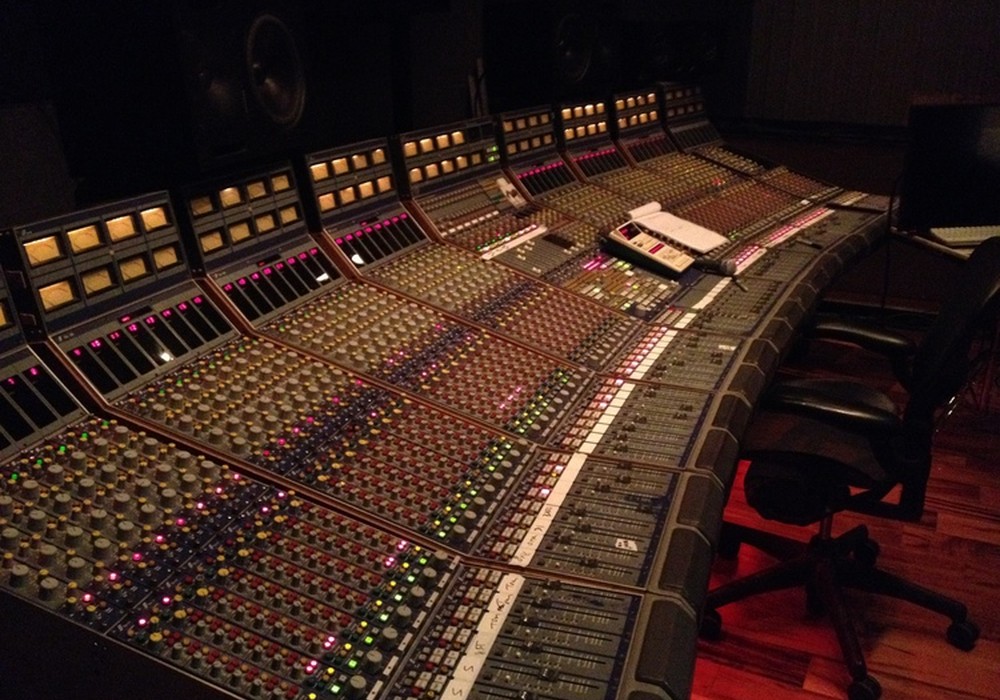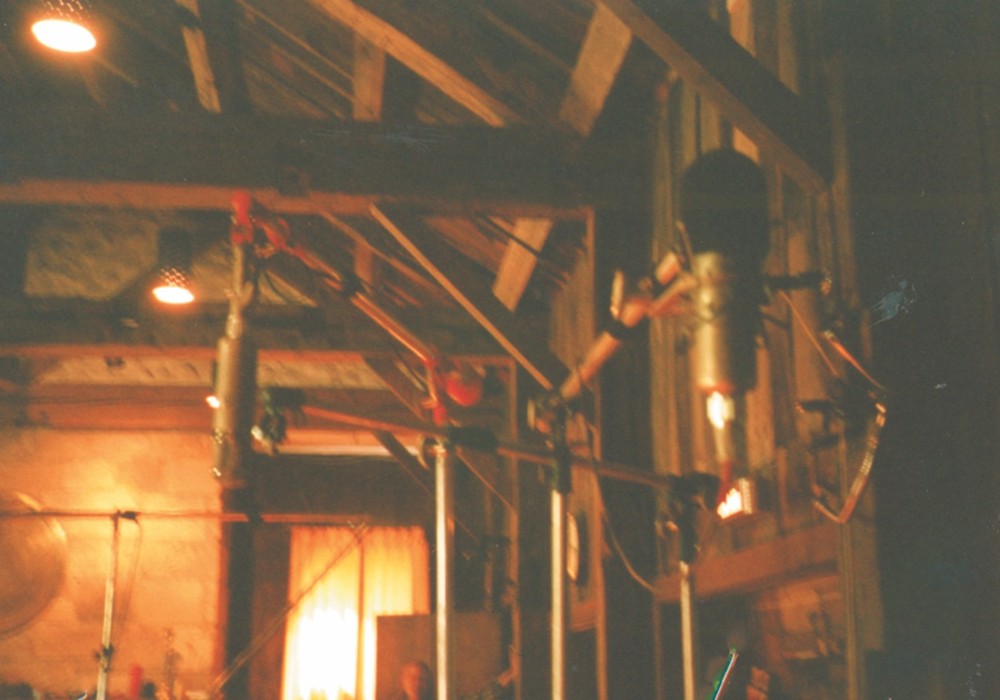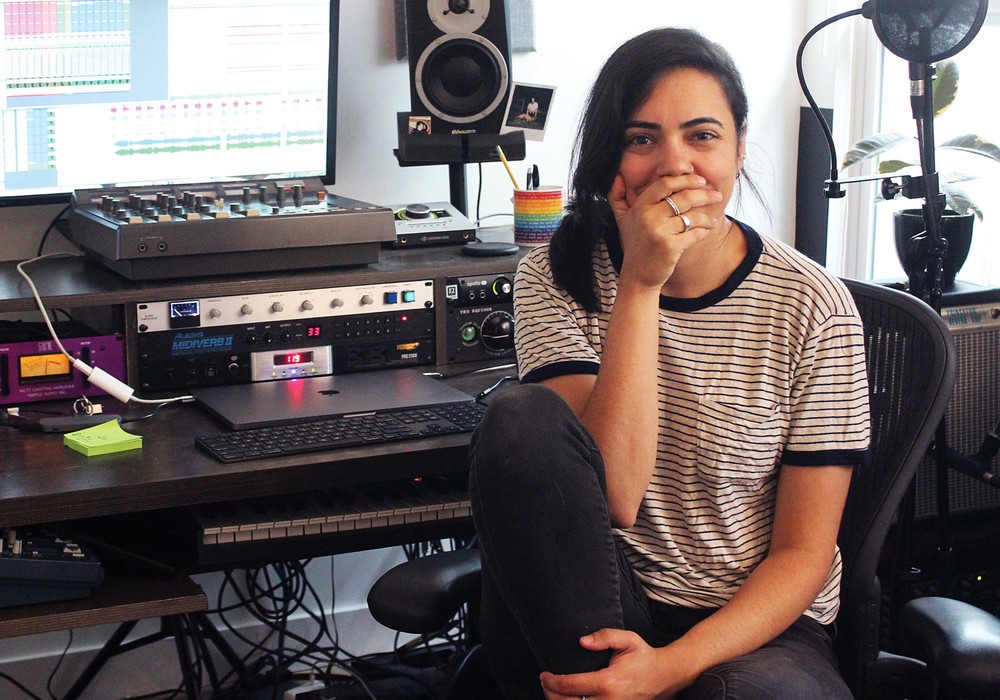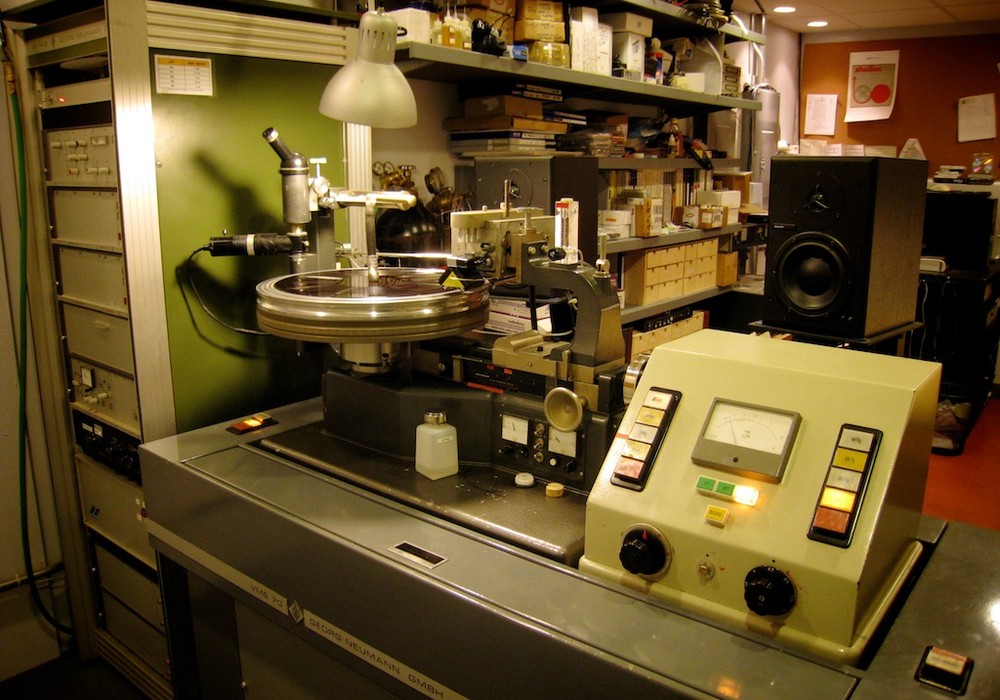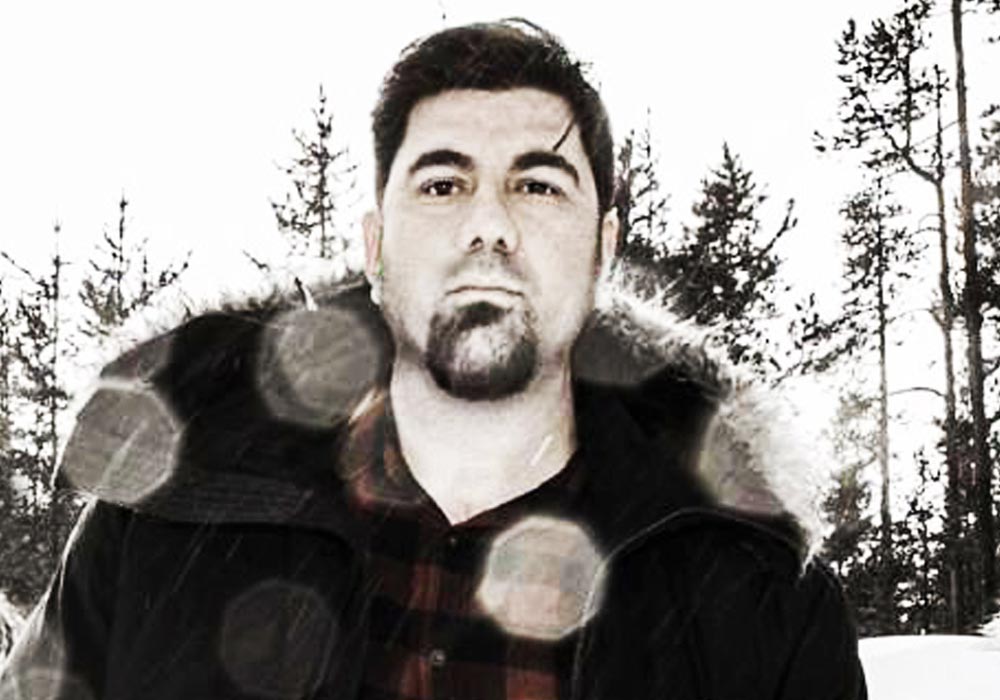John Rodd might not be a household name, but it's likely you've heard his work. As a recording and mix engineer, he's worked on many film and television scores, including Elysium, Breaking Bad, The Lincoln Lawyer, Son of Batman, In the Beginning, and Justice League: The Flashpoint Paradox. John has also worked on tons of video games, such as Call of Duty: Black Ops II, Kinect Star Wars, and World of Warcraft. Along the way he's recorded and mixed classical, rock, electronica, and jazz from solo voice to huge choirs and from string quartets to full orchestras. This breadth of experience, as well as an ability to handle the stress of intense deadlines and huge sessions, made me curious to find out more about his career. I visited him at his beautiful commercial facility in the Los Angeles area one sunny afternoon.
With these projects you must always be under a set deadline.
That's part of what I really like about what I do: the deadline. Even if it's for a game that goes on for a long time, there is a real feeling of gratification when you work really hard, being really focused and intense, and make something awesome.
With you being freelance, are composers requesting that you might be a good choice for any given project? How does the work come to you since you're not on staff at a studio at this point?
It's almost always the composer who hires me. Being freelance allows me the opportunity to plan my own schedule and to be able to pick and choose what projects to work on. Having my own 5.1 studio certainly helps because I have the freedom to quickly recall my gear, so I can slot in smaller projects among the bigger jobs. I appreciate this freedom now, but it was certainly a leap of faith leaving my staff position at the scoring stage at 20th Century Fox because it was a great job! With that said, although there is more of the business side to deal with when working freelance than staff, I have a more personal relationship with the composers that I work with. There's more of a sense of collaboration. It's fun to have someone in my studio who is working together with me to get cool sounds and musical vibes.
With a score that was created with virtual instruments, those are all rendered as stereo files?
Yeah. I don't deal with the raw MIDI tracks and instrument plug-ins.
Could anyone at the mixing stage even handle that? Or would it be too much extra?
There are way too many variables.
I can't even imagine.
I have done some mixing in Logic and DP, and occasionally, I'll mix at a composer's studio, but I really try to avoid it. I don't have access to all of my awesome outboard hardware boxes with Pro Tools HD's zero latency hardware inserts, and composers' control rooms often have sub-par acoustic listening environments. And dealing with MIDI: "Oh, the wrong patch loaded" or "I didn't back up far enough to get the mod wheel change." It's too crazy.
So in a case like this, you are getting a lot of stuff in stereo.
It's pretty much all stereo audio tracks that I'm getting, but mics that I, or anyone else records are generally mono audio tracks.
Do you ever tear things down to a single channel and use it in different ways? How do you approach it to get everything done quickly?
Sometimes I tear it down. It's really about using the tools we all have: panning, EQ, and compression. Sometimes I'll split a stereo sound into mono and then treat the better sounding side. If you stack a bunch of stereo stuff together, it can end up as mush.
It just becomes mono, because it's all stacked.
Absolutely. I want to get clarity, punch, and definition, but also size and excitement too. For example, I generally don't want the composer's generic reverbs. I have a lot of really nice hardware reverbs. Plus, if I start to pan an individual sound to one side and the baked-in reverb is pulling hard to that one side, it really telegraphs that something isn't quite right.
Yeah, it doesn't make sense.
It's always a conversation between the composer and me. Sometimes cool effects are baked into a sound, and they should be. Sometimes I'll do tempo locked pans to individual sounds. I love PanMan from SoundToys. I was bugging SoundToys for years to do that plug-in. When they finally released it, I was thrilled.
It's so fun to pan that into a reverb or delay. It's moving, but it's also creating this haze behind it. I do that quite a bit for spacey effects.
Absolutely. Sometimes some score elements can be a little bit static. PanMan and some of the techniques that you mentioned can be fantastic just for livening things up, triggering certain patterns off the Tempo Map and stuff. I always use the Tempo Map in Pro Tools. It's fun...
